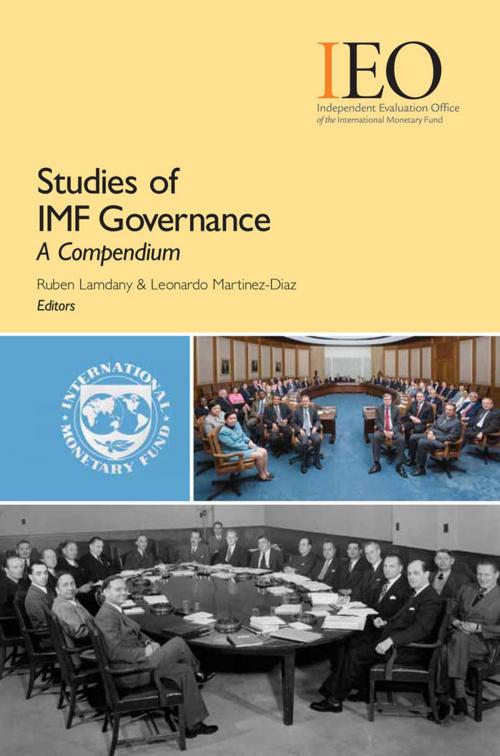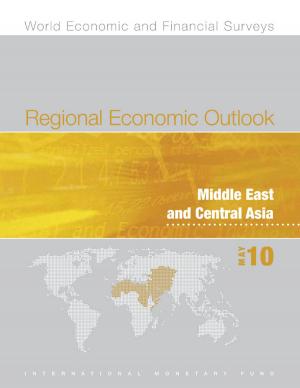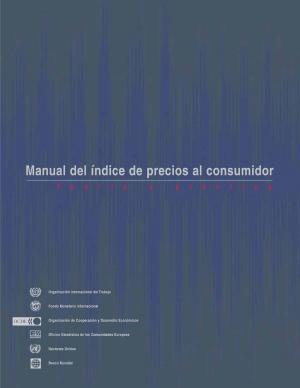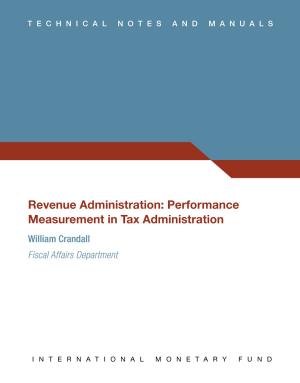Studies of IMF Governance: A Compendium
Business & Finance, Economics, Money & Monetary Policy, Finance & Investing, Banks & Banking, Nonfiction, Social & Cultural Studies, Political Science, Politics, Economic Policy| Author: | Ruben Lamdany, Leonardo Martinez-Diaz | ISBN: | 9781451993578 |
| Publisher: | INTERNATIONAL MONETARY FUND | Publication: | July 27, 2009 |
| Imprint: | INTERNATIONAL MONETARY FUND | Language: | English |
| Author: | Ruben Lamdany, Leonardo Martinez-Diaz |
| ISBN: | 9781451993578 |
| Publisher: | INTERNATIONAL MONETARY FUND |
| Publication: | July 27, 2009 |
| Imprint: | INTERNATIONAL MONETARY FUND |
| Language: | English |
The papers in this volume draw on background work done in preparation for the study Governance of the IMF: An Evaluation, Independent Evaluation Office, International Monetary Fund, May 28, 2008 (available at http://www.ieo-imf.org). This compilation presents in one collection the most recent work to date on the subject of governance of the IMF and contributes to the ongoing dialogue on how best to strengthen the governance of this important global institution. Good governance can contribute to the IMF’s legitimacy by ensuring appropriate voice and representation for the membership, by allowing the Fund to fulfill its mandates effectively and efficiently, and by facilitating accountability for relevant stakeholders. Three main conclusions follow from the studies in this volume. First, to strengthen its legitimacy and effectiveness, the Fund needs greater, higher level and more transparent involvement of member country authorities in its governance. Second, the Board needs to play a stronger role in strategy development and oversight, which requires a shift away from the day-to-day business of the organization. Finally, there are significant accountability gaps that need to be addressed if the IMF is to remain effective and regain legitimacy.
The papers in this volume draw on background work done in preparation for the study Governance of the IMF: An Evaluation, Independent Evaluation Office, International Monetary Fund, May 28, 2008 (available at http://www.ieo-imf.org). This compilation presents in one collection the most recent work to date on the subject of governance of the IMF and contributes to the ongoing dialogue on how best to strengthen the governance of this important global institution. Good governance can contribute to the IMF’s legitimacy by ensuring appropriate voice and representation for the membership, by allowing the Fund to fulfill its mandates effectively and efficiently, and by facilitating accountability for relevant stakeholders. Three main conclusions follow from the studies in this volume. First, to strengthen its legitimacy and effectiveness, the Fund needs greater, higher level and more transparent involvement of member country authorities in its governance. Second, the Board needs to play a stronger role in strategy development and oversight, which requires a shift away from the day-to-day business of the organization. Finally, there are significant accountability gaps that need to be addressed if the IMF is to remain effective and regain legitimacy.















